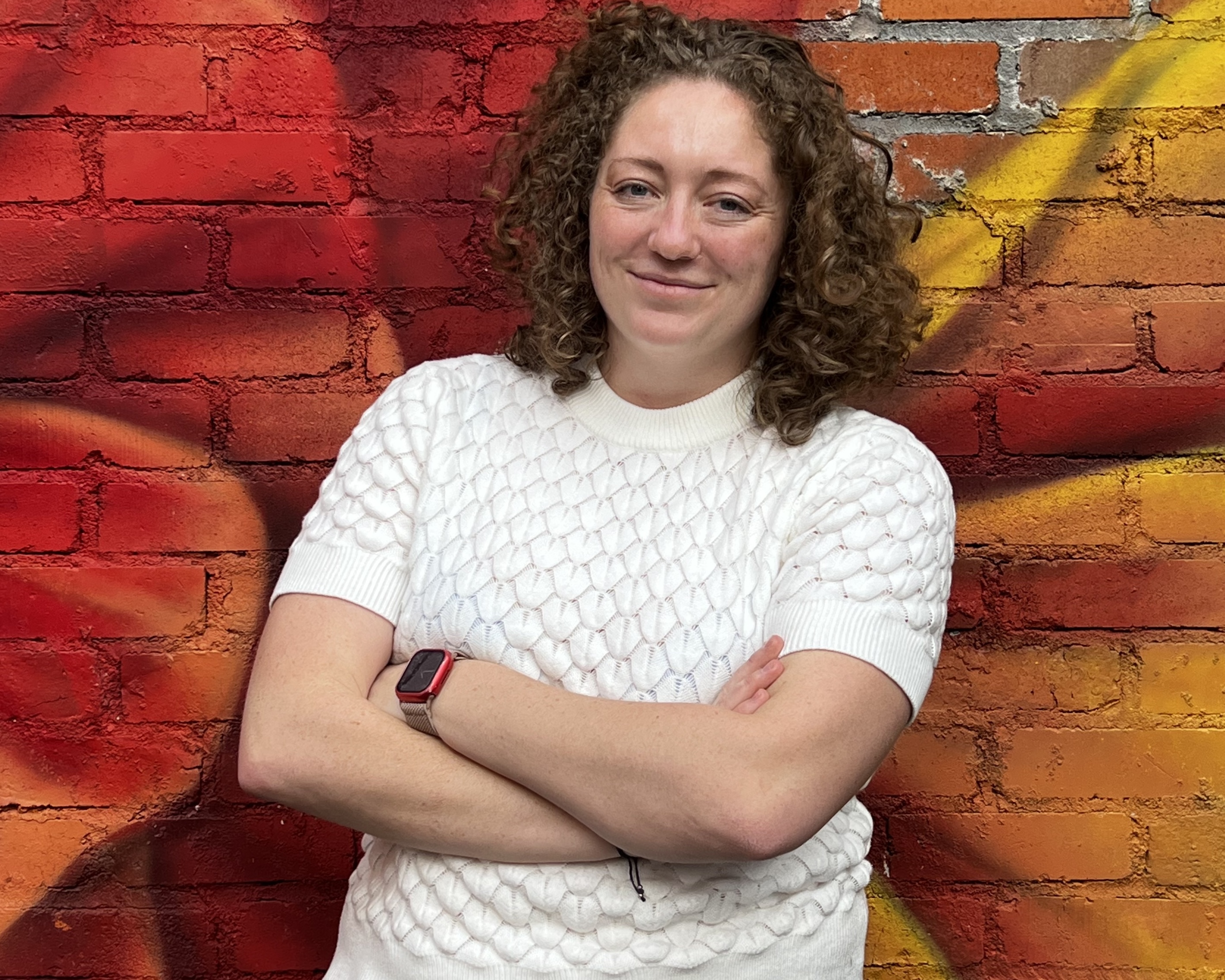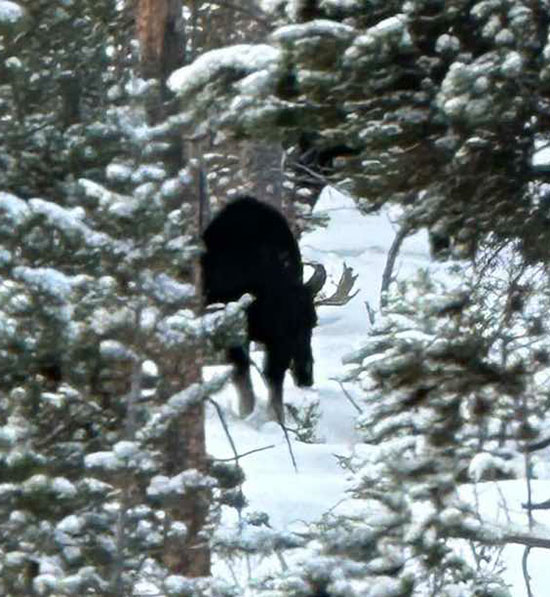Science Communication Certification Launches at UW; Open to Public, Campus Community
Science is more relevant to societal issues than ever. As a result, researchers and students increasingly want to share science effectively with stakeholders -- ranging from undergraduates and policymakers to homemakers and entrepreneurs -- according to University of Wyoming researchers.
Responding to this need, a free certification program at UW now provides evidence-based science communication (SciComm) training and credentials. The program, open to the campus community and the public, also enables participants to join the UW/Wyoming community of trainers, practitioners and researchers working in SciComm.
The Wyoming Science Communication Initiative (WySCI) facilitates the certification and is supported by a consortium of 17 academic, research and administrative units at UW. WySCI’s mission is to support SciComm; create and value training and research in SciComm; and enhance the culture of SciComm and public engagement in the UW community.
“We’ve dreamed of this certification since we founded WySCI in 2017,” says WySCI Director Bethann Garramon Merkle, who co-developed the certification and oversees its operation.
Michelle Mason, a UW physics and astronomy doctoral student, also co-developed the certification. Christi Boggs, the UW Ellbogen Center for Teaching and Learning’s division head for digital teaching and learning, supported the technical implementation of the certification.
“The certification can help people move away from the idea that the public has a deficit of understanding in science and toward an approach that includes aspects such as trust and participation,” Mason says.
A WySCI board member agrees on the importance of SciComm training.
“As we’ve seen from recent and ongoing world events, science communication continues to grow as a skill set that all science practitioners should at least be passingly familiar with,” says David Keto, UW Extension communications and technology manager.
Garramon Merkle adds that it was a natural next step for WySCI to move from teaching workshops and courses to facilitating a training program that provides credentials for anyone looking to enhance efforts to make science matter.
The program offers a core certification in the best practices and science of SciComm. Key learning objectives include articulating SciComm goals; identifying and understanding distinct stakeholder groups; developing and implementing communications plans; assessing communication efforts; and developing a portfolio to use when communicating with stakeholders.
The certification is self-paced, allowing scheduling flexibility for working professionals and active students as well as scientists and anyone working in a field that intersects with science, including those outside of academia.
“So much SciComm happens within communities, through organizations, businesses and in a variety of formats,” says Emily Reed, a WySCI board member. “This certification gives people the opportunity to sharpen their skills, explore new communication mediums, tailor their learning to their own work and connect with the larger SciComm community.”
Reed participated in WySCI trainings as an undergraduate, which helped prepare her for nonprofit work in conservation after graduation. She is now a science communicator with UW’s Wyoming Migration Initiative.
Drew Bennett, the Whitney MacMillan Professor of Practice of Private Lands Stewardship in the UW Haub School of Environment and Natural Resources, is another WySCI board member.
“It’s incredibly exciting to have a new SciComm certification at the University of Wyoming to train students to not only be producers and consumers of science, but also ambassadors to translate and illustrate the importance of science to society,” Bennett says.
Those goals align well with work done by Kristen Landreville, another WySCI board member, who says the certification also builds on the university’s interdisciplinary knowledge about effective SciComm.
“Students now have the chance to be formally acknowledged for their commitment to communicating science effectively to different and diverse audiences,” says Landreville, a UW communication and journalism associate professor.
Landreville is contributing to the SciComm certification in her class “Media, Science and Society,” which is cross-listed in the Department of Communication and Journalism and the Haub School. In addition to the Communications and Journalism course, participants in the SCiComm certification also can enroll in a slate of SciComm courses at UW in several departments affiliated with WySCI.
Relevant courses are detailed on the WySCI website at www.uwyo.edu/wysci. To enroll in the free SciComm certification program, visit the certification webpage at www.uwyo.edu/wysci/programs-and-resources/scicomm-certification.html.
For more information, email Garramon Merkle at bmerkle@uwyo.edu.
Original Article: http://www.uwyo.edu/uw/news/2021/09/science-communication-certification-launches-at-uw-open-to-public,-campus-community.html
Institutional Communications
Bureau of Mines Building, Room 137
Laramie, WY 82071
Phone: (307) 766-2929
Email: cbaldwin@uwyo.edu
Share This Post
Social Media
Latest News



Archives
- All
- December 2025
- October 2025
- August 2025
- July 2025
- June 2025
- May 2025
- April 2025
- March 2025
- February 2025
- January 2025
- November 2024
- October 2024
- September 2024
- August 2024
- July 2024
- June 2024
- May 2024
- April 2024
- March 2024
- February 2024
- January 2024
- December 2023
- November 2023
- August 2023
- July 2023
- April 2023
- September 2022
- August 2022
- July 2022
- June 2022
- May 2022
- April 2022
- March 2022
- February 2022
- January 2022
- December 2021
- November 2021
- October 2021
- September 2021
- August 2021
- May 2021
- April 2021
- March 2021
- October 2020
- August 2020
- July 2020
- January 2020
- March 2019

